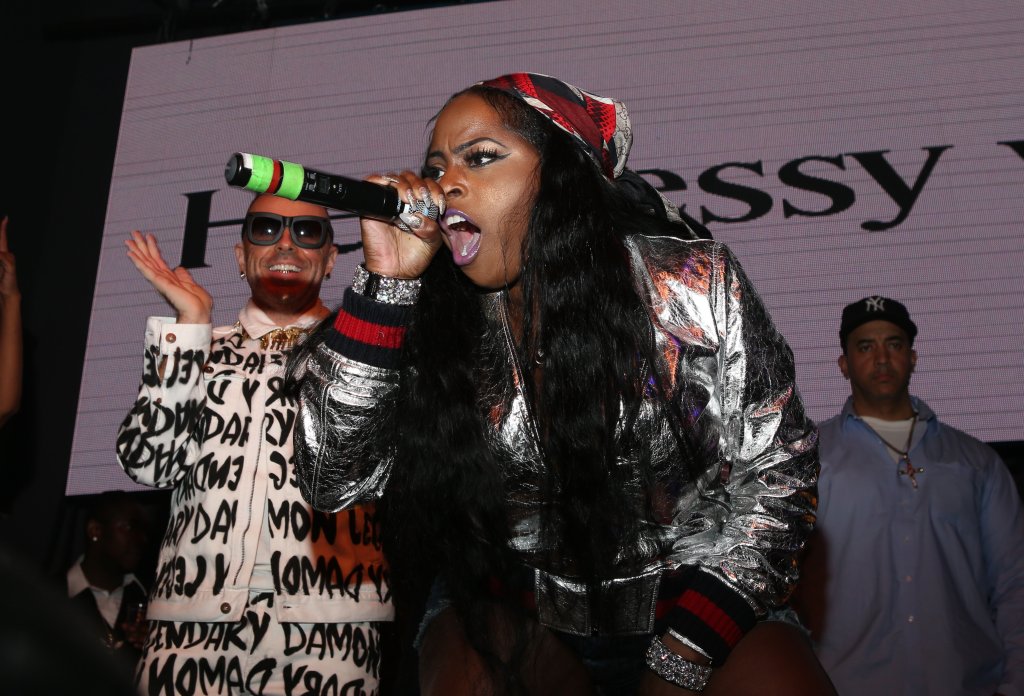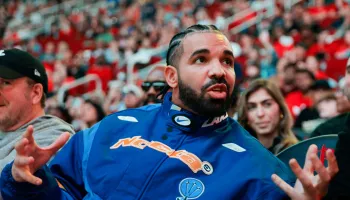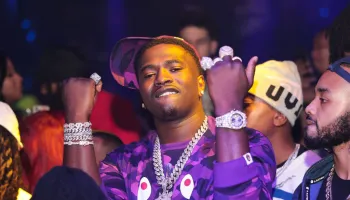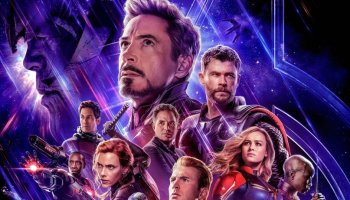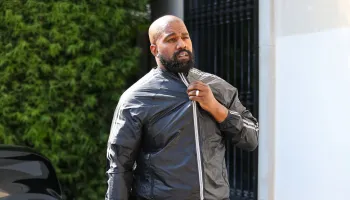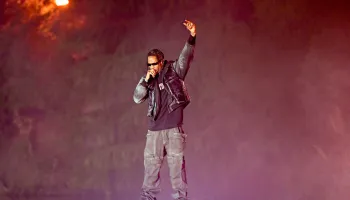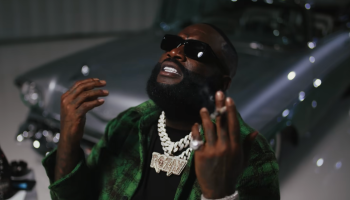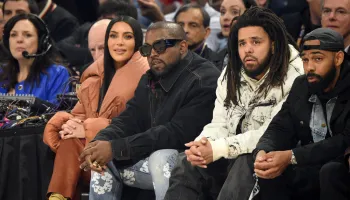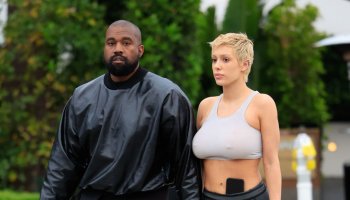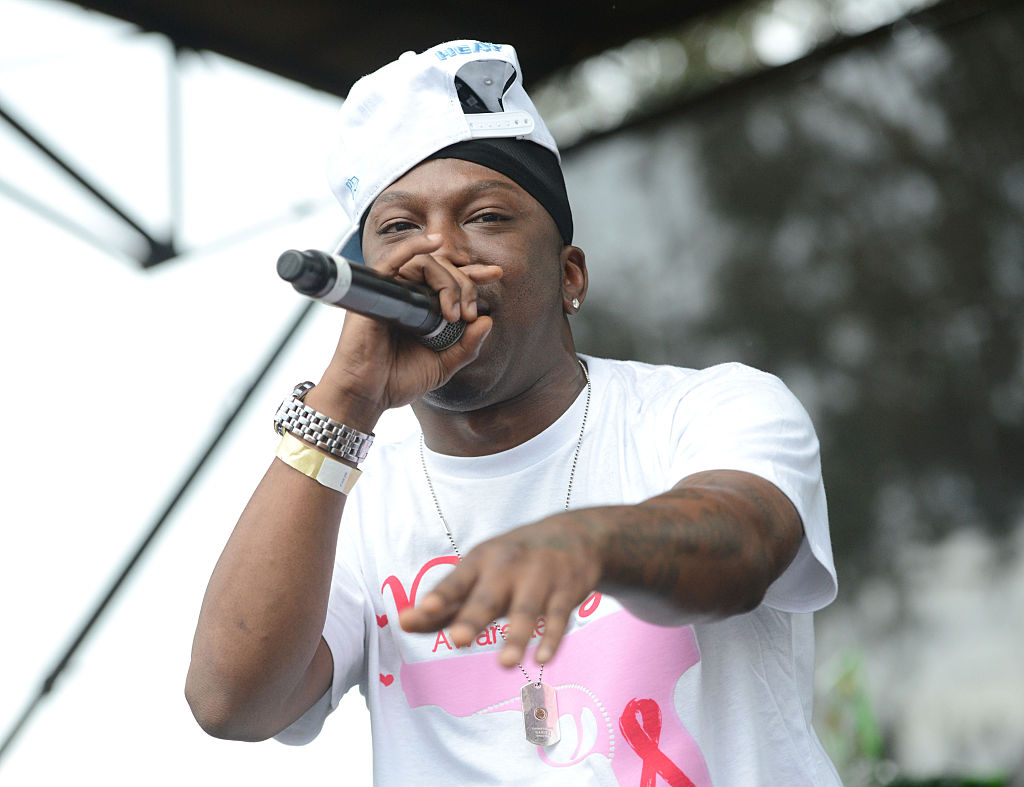
Source: Scott Dudelson / Getty
Years before rappers began embracing the comparisons to artists like Pablo Picasso and Jean Michel Basquiat, West Coast MC Ras Kass was showcasing his lyrical art for the world to see, all while embracing the Van Gogh legacy.
Emerging on the scene in 1996, MC Ras Kass built a reputation for thoughtful tongue-in-cheek wordplay and heavy societal content with his iconic 1996 song, “Nature of the Threat.” Hailed for its expansive and piercing analysis of white supremacy, the song and the album, Soul on Ice, reimagined the perception of West Coast lyricism in the middle of its East Coast, West Coast tension.
Celebrated by his fans and peers as a wizard of words, his skill became his calling card as he continued to prioritize lyricism years before the culture shifted towards it. In the middle of his ascent, however, he ended up ensnared in a publicized dispute with his record label, Capitol, and the industry at large for respect, autonomy and proper compensation. Stalled and unable to forge the momentum he needed due to label disputes, he continued to fight for his brand, releasing projects with other comparable MC’s like Canibus, Killah Priest and Kurupt, as well as his own projects over the course of the next decade and a half.
Twenty-seven years after his debut release, Soul on Ice, Ras is just as skilled as he was then and equally as cynical. Hopeful, reflective and unapologetic, this interview is one of his rawest reflections on Hip-Hop 50 years after its inception.
HipHopWired: Ras, how are you feeling today?
Ras Kass: I’m alive so I’m blessed man.
Ras, you are regarded as one of the most prolific MCs ever, you know, people use the word legend a lot. I’m hoping that I could get some perspective and get some stuff from you that I don’t typically hear in interviews. So I’m gonna start with the beginning. You coined a phrase that said, Carson raised you, but Watts made you.
So yeah, I guess that would be right. I lived in Carson my entire life. But I didn’t socialize. I didn’t even go to school in Carson until [the] middle of the seventh grade. So my, you know, kind of my formative years were in Watts. That’s where my friends were. I went to hang with them when I got out of school. That’s where I played at. Summertime, that’s where I stayed at. So I always claimed both, and there’s been certain rappers that try to give me shit over it. I’m a Watts baby. People have to make things mutually exclusive, because people categorize things. And it has to be this or that. And some things are a little more nuanced.
So how did both cities influence you and in what ways?
Lots. By culture, like my culture, how I was raised within Watts is very important. My mother came from a family that moved in the late ’50s to Los Angeles from Louisiana, their culture was Creole. Thereby, I was raised around a lot of Catholics, while most blacks are Baptist and all this other stuff. I was raised and went to Catholic school where the majority of the students were diverse. In Carson, we lived in a neighborhood where there was space. And what happens when you got that kind of space, people don’t socialize, they have enough space to be amongst themselves. So you don’t f*ck with everybody, you stay in your own space. And so I had my bedroom; I did what I did in my bedroom, in my garage, in my backyard. Sometimes I went out to the front and then socialized with those kids. But in general, I have my own world.
“I hope as a collective, as a people on the eve of the 50th we probably should be looking into having some type of a union.”
That makes sense because you rap about how introverted you were. And it was probably a result of being around all these people that have sequestered themselves from everything. You came of age when rap was really progressing. You’ve always mentioned how KRS-One was a major influence. Who else were you listening to at the time? And when did you decide rapping was for you?
So I didn’t even pay that much attention to rap. It existed since I had awareness. But I was like the average uninformed listener for a long time. I’m sure “F*ck The Police” had a very big impact on me for a specific reason. Um, but then KRS- One and I think it was “You Must Learn” that changed things. With KRS it resonated, he started giving these dates and saying stuff like Harriet Tubman freed the slaves at night. And I was like, “Oh, shit. This is different.” You know, it just hit different for me. And that was years later, probably a couple of years later—that I wrote another rap after my homies told me I wasn’t good all those years before.
When you look back at where rap’s gone over the years, how do you feel about it as it approaches its 50th birthday?
It’s bittersweet man. I don’t know how to say it. I’m trying to write these things and finish a project. And I’m trying to write this song, and I think that’s the name of it: when will we do better? Like by now like, What the f*ck, bro? Like one of the homies just said to me like it’s over. He’s like, “Man, it’s just we lost” and I’m like, I can’t take a defeatist attitude. And this is a brother of mine. It does sometimes feel like pointless. We hate our heroes; we keep letting our devil pick our heroes. I don’t get it, man.
Are there people in rap who you admire and see parallels to your career?
There are so many people besides myself who I root for. Black Thought is finally getting his. He was always overlooked because of how dope his band is, and we always knew he was nice, you kidding me? But what about the unsung others? For every J. Cole and Kendrick, there’s an Ab-Soul and a lot of other nice people. Bro, I’ve said this to Kurrupt: “You know if once a week the community picked a deserving artist and showcased that person daily, they’d have a shot.”
Let’s say we pick Lupe [Fiasco] and he got this incredible record. And for that week, as a community, Pete Rock, Nas and Wu-Tang and everybody say, “Yo, I’m gonna post bro sh*t, we’re gonna post them on Wednesday.” We could control our industry if we worked as a collective, not as individuals. Just think about it. Everyone has a union but us: writers, musicians, opera singers, everybody except us.
I gotta ask you, man, your sons are basically a part of like, one of the major West Coast groups, Coast Contra. And I’m just gonna say groups have taken over the rap game. How do you feel as a dad about that? And what are your hopes for them?
I love them. Period. I love all those guys, man. They’re just good. They’re good people. I know how much they love this culture. I’ve watched them do their own work and take it seriously. And I’m very grateful that the community gave them a chance. And so that’s, I think, a fair shot. Like it’s almost like the shot I never really got. And so I am always grateful. I don’t believe in pride. I believe in respect. And so I’m just really grateful to the culture for giving them a shot. I love them creatively. And I love watching them learn the wisdom to ask questions because they have a wealth of like, you know, their mother and in their aunties. I’m sure we don’t have any monetary thing to gain from them. I’m not trying to beat them or hustle them. I just want them to have the best situation because that makes me happy.
Ras at this point, man you’ve had all of it. You had the highs, the lows. When you examine your career, what are your most significant moments? What are the moments that you’re the most proud of, and what advice would you give yourself if you could talk to yourself in 1996?
Oh, man. The whole journey man is just there’s always, even in the bad times, there are learning experiences, and there was some funny shit and some learning. So I don’t have any particular, you know, good times. I mean, the better times is when there’s $100,000 in the bank; I can’t wait to get there again, I like having $100,000 in the bank. So I want more than that, I want a million
liquid in the brain. And my goal is to get my return on my investment. I’ve invested in this culture and I’m gonna keep fighting for it.
And the only advice I would have given me is, you know, I was naïve. I was trusting the people I probably shouldn’t have trusted. My journey changed when I was legally 18 and I signed a contract without an attorney. And that became the beginning of fights that took forever to resolve and put me on a route of having a harder career than was necessary. So that’s unfortunate.
What parting words would you give to Hip-Hop fans who will read this next month for Hip-Hop’s 50 years?
We got to do better. We should know better and I hope that we do better. I hope as a collective, as a people on the eve of the 50th we probably should be looking into having some type of a union. I don’t believe in royalty like that. Whoever’s royal out here, royalty ain’t really helping the people, so I’m down with revolution and like chopping their hands off. I’m not saying hurt the superstars, but if n*ggas are still trying to tell you how much they got when you don’t got anything, why do you keep buying it and f*cking with them?
